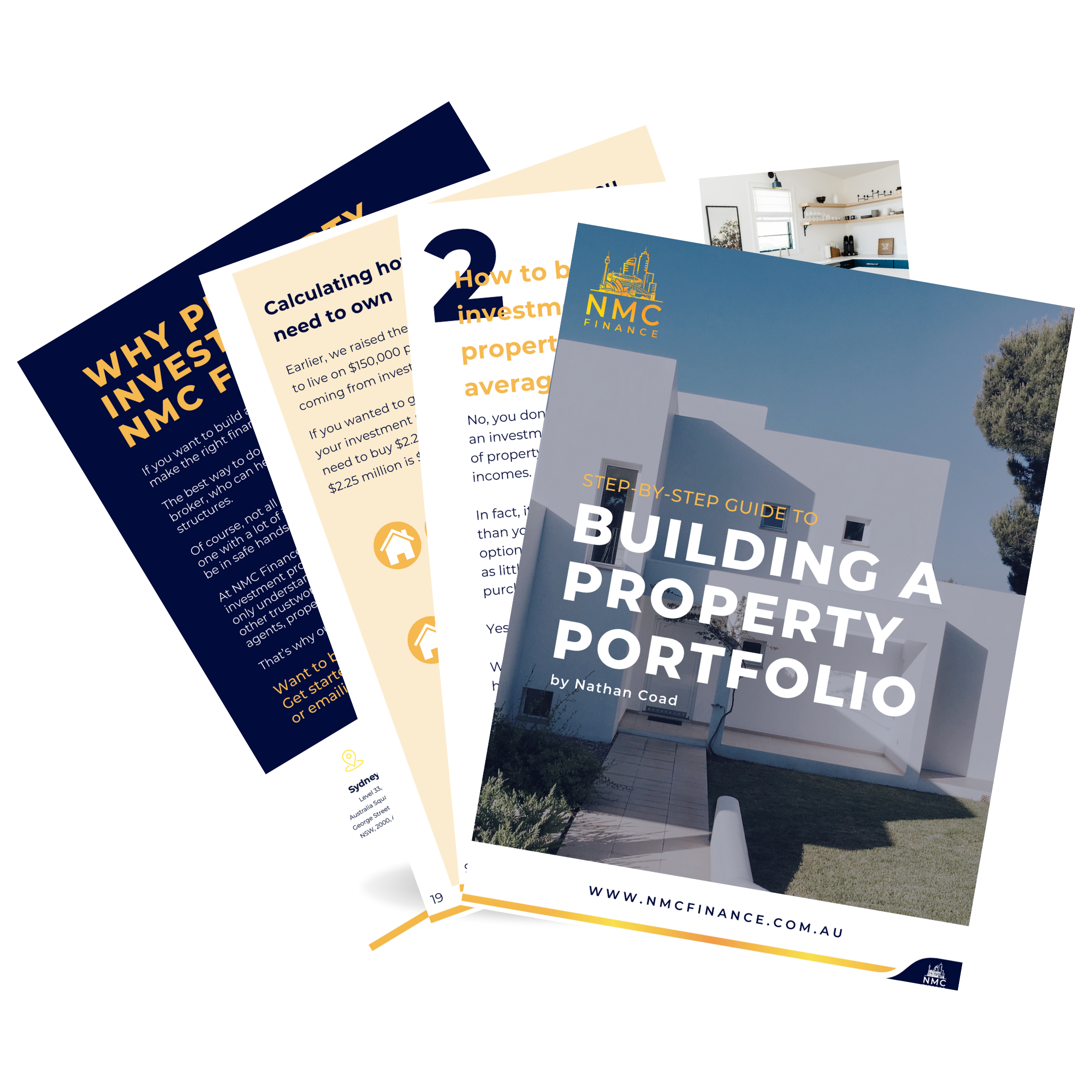As a first home buyer, you’ve saved a deposit. You’ve been trawling realestate.com.au. You’re emotionally prepared to bid…
But there’s one crucial step that many first-time buyers skip—and it can make the difference between buying smart or getting stuck. Let’s break it down.
The most overlooked step: Get a pre-approval (properly!)
Many first home buyers think they’ll “just speak to the bank when the time comes” or assume their borrowing capacity based on a quick online calculator. But those ballpark figures can be seriously misleading.
A formal pre-approval is a lender’s conditional agreement to lend you a set amount of money based on your financial situation.
It’s not a guarantee, but it gives you a very real boundary to shop within.
Without a pre-approval:
- You might fall in love with a property you can’t afford.
- You risk delays when making offers or bidding at auction.
- You could lose your deposit if you commit to a contract you can’t fund.
Why pre-approval isn’t just about the loan amount
It also gives you insights into your buying power. Things like:
- Which lenders are open to your employment type or deposit size.
- Whether you’ll need LMI (Lenders Mortgage Insurance) and how much it will cost.
- If your debts or spending habits might cause issues with approval.
And here’s the kicker: pre-approval helps you understand your risk profile in the eyes of lenders – which isn’t always how you see yourself.
It’s not just a numbers game
Getting pre-approved gives you a clearer view of your borrowing power but that’s just one piece of the puzzle.
First-time buyers often focus on the property price and forget about the additional costs that come with every purchase.
Without planning for these, you can find yourself short on settlement day or needing to dip into funds you hadn’t planned to use.
Even with pre-approval, many new buyers forget to factor in these costs on top of the purchase price:
- Stamp duty—this varies by state and could add tens of thousands to your costs (though you may be eligible for exemptions or concessions).
- Legal and conveyancing fees—these professionals handle your contracts, title transfers and more.
- Building and pest inspections—vital for avoiding costly surprises post-purchase.
- Mortgage fees—application fees, valuation fees, and possibly Lenders Mortgage Insurance (LMI) if your deposit is under 20%.
- Moving and setup costs—think removalists, utilities, and even your first fridge or washing machine.
A good broker can help you estimate these costs based on your purchase price and location, so you’re not left scrambling.
The confidence to say yes (or no)
When you know your budget inside-out, you bid or offer with confidence – and that’s powerful. It also helps you say no to properties that are just outside your safe zone, even if they’re tempting.
This is where having a broker in your corner really helps. We can:
- Match you with lenders who favour your situation.
- Help you secure grants or stamp duty concessions if eligible.
- Talk through the whole process so you don’t get blindsided.
Buying your first home is exciting – and a little scary. But the process becomes a whole lot easier when you’re properly prepared.
That starts with knowing what you can really borrow, what your costs will be, and where you stand with lenders. A conversation with a mortgage broker is free, but the clarity it brings could be priceless.
*This blog is intended for general informational purposes only. For personalised advice tailored to your unique financial situation, please contact NMC Finance.

